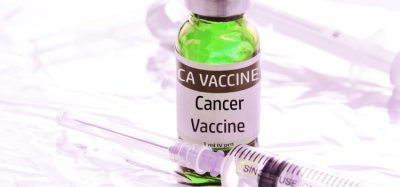Oncology trials are taking longer
Posted: 4 November 2014 | | No comments yet
KMR Group, a leader in analyzing R&D performance data for the biopharmaceutical industry, has recently assessed the duration of oncology trials…


KMR Group, a leader in analyzing R&D performance data for the biopharmaceutical industry, has recently assessed the duration of oncology trials. There has been a steady rise in late stage oncology cycle times in the last 10 years.
KMR Group assessed cycle time trends for more than 4100 oncology trials using proprietary industry data across 32 companies.
Over the last decade oncology cycle times have risen steadily in Phases II and III. Phase II oncology trials require about one additional year, compared to trials conducted a decade ago. Phase III trials are taking almost five years, which is one and a half years longer than trials in 2003-2005.
KMR defines study duration as the interval from Protocol Approval to Database Lock.
These trends raise an important question: What is causing such significant increases in oncology trial cycle times, particularly in Phases II and III where there has been a significant shift?
There are oncology specific considerations in the increase in trial durations such as increasing protocol complexity and trial design, longer treatment periods, more factors tested in trials, e.g., biomarkers, multiple diseases, multiple endpoints, and an increasing number of subjects involved. However, these are not the only explanations.
The varied ways companies approach operational aspects of running clinical trials can have substantial effect on key clinical trial processes. KMR Group performs extensive analysis on critical trial processes that affect overall cycle times.
“In assessing operation aspects, the enrollment and treatment processes have expanded by almost six months each (treatment duration nearly doubled since 2003-2005). We have also seen the impact of process-oriented or operational areas where companies can find clear opportunities for improvement. These include study startup, site initiation and site selection, as well as the performance of individual sites. The focus of these efforts is to optimize the enrollment process, with a goal of reducing cycle times and faster time to market,” commented Linda Martin of KMR Group.









